Surrogacy Laws & Process in Massachusetts

Surrogacy Laws & Process in Massachusetts
Massachusetts has now implemented comprehensive, statewide rules for gestational and genetic surrogacy under the Massachusetts Parentage Act (MPA), which became effective January 1, 2025.
The statute is codified in Chapter 209C, Sections 27 and 28A through 28P. The law provides clear guidance for recognizing intended parents before birth and streamlines the process for judgments of parentage in assisted reproduction cases. This includes LGBTQ+ families, unmarried couples, and single parents.
Under the MPA, agreements must meet statutory eligibility, counseling, and timing requirements. The law allows for pre-birth judgments of parentage without routine hearings, as long as filings meet the statutory criteria. Genetic surrogacy is also legally permitted under the statute, requiring pre-conception court validation.
This modern framework replaces the previous reliance on case law and facilitates more predictable and streamlined processes for aligning birth records and hospital discharge with intended parentage.
Pre-Birth Parentage Orders in Massachusetts: Legal Recognition Before Birth
In Massachusetts, courts grant pre-birth parentage judgments statewide for gestational surrogacy when the appropriate statutory requirements and certifications are filed. Hearings are not typically required unless additional facts need to be established.
Venue for these filings is usually based on the gestational carrier’s residence, the intended parents’ residence, or the location of the expected delivery hospital. Under the MPA, consistent results are expected across counties.
Married heterosexual couples
These couples are eligible for pre-birth recognition of parentage, whether they use their own or donor gametes. The MPA makes sure that parentage is recognized for both intended parents, regardless of their genetic link to the child.
Unmarried heterosexual couples
Covered statewide when statutory documents and attorney certifications are submitted with the gestational agreement pre-conception. This guarantees compliance with all legal requirements for parentage recognition.
Married same-sex couples
Married same-sex couples are recognized as intended parents before birth, with their birth certificates listing Parent and Parent. This reflects Massachusetts' inclusive approach to family-building through assisted reproduction.
Unmarried same-sex couples
Unmarried same-sex couples are eligible for pre-birth judgments based on their consent to assisted reproduction and their compliance with filing requirements. This reflects the state's commitment to recognizing diverse family structures.
Single intended parents
Single individuals can also obtain pre-birth judgments of parentage, whether using their own or donor gametes or embryos, under the same framework available to couples.
No genetic link for either parent
Massachusetts law allows for the recognition of both intended parents in cases where neither parent is genetically related to the child. This is because donors are explicitly not considered parents under the MPA, and intent is the controlling factor for determining legal parentage.
Legal Procedures and Timeframes
Kansas typically processes pre-birth parentage orders through a legal hearing. However, the intended parents do not always need to attend the hearing, though their legal representation must be present. Pre-birth orders are possible even if neither the intended parents nor the surrogate resides in Kansas, as long as there is a significant connection to the state.
The state’s vital records department will honor a pre-birth order from another state, but the order must be registered as a foreign judgment. This allows Kansas to issue the birth certificate accordingly.
The typical time frame to obtain a birth certificate after delivery is around 2-3 weeks, though expedited processing is sometimes available to shorten this to 7-10 business days.
Explore the Carrying Dreams Surrogacy Heatmap
See how Massachusetts compares to neighboring states on pre-birth timelines, venue choices, and statutory safeguards. Our interactive heatmap gives valuable insights into surrogacy laws and practices, helping you understand the legal landscape in different regions. We are here to help you navigate your surrogacy journey.
If you have any inquiries about the surrogacy laws & process in Massachusetts, feel free to contact us today.

